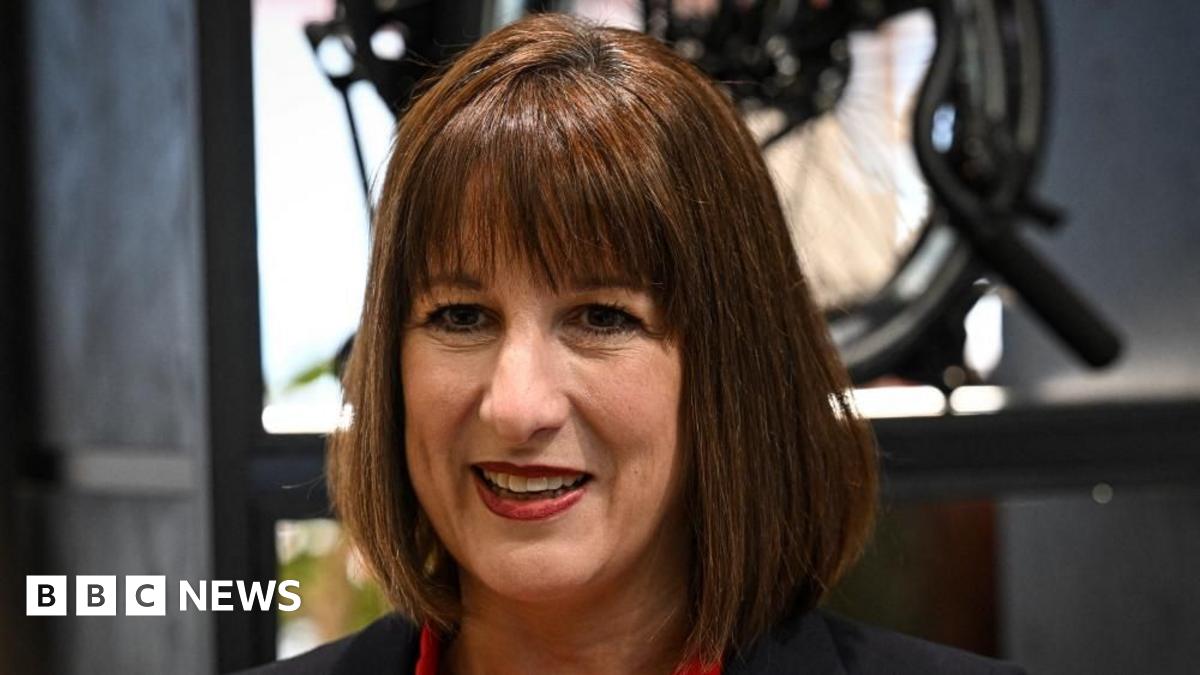Are you brimming with ideas, creativity, and a passion to share your unique perspective with the world? If so, becoming a content creator might just be the perfect avenue for you.
Content creators are valuable for the creative and informative content they produce, whether working for a company or on their own.
But what does it take to be a good content creator? If you want to know how to become a content creator, follow these steps and examples from successful creators across industries.
What is a content creator?
10 Tips for Aspiring Content Creators

What is a content creator?
A content creator produces entertaining, helpful, or educational material that caters to the interests and challenges of a target audience.
The content they produce can take many forms, including blog posts, videos, podcasts, photos, and graphics.
A few common types of content creators include:
- Podcasters.
- YouTubers.
- Writers.
- Social media influencers.
Whether you work on a content marketing team at your company or you’re building a personal brand as a content creator, there are some tried-and-true steps you can follow that will put you on the path to being a truly successful content creator.
Fair warning: Like all good things, it‘s not going to happen overnight. And it shouldn’t, because you‘re trying to get good at it, not just simply do it.
But the sooner you start working on these steps, the sooner you’ll be well on your way to becoming a high-quality content creator.
10 Tips for Aspiring Content Creators
- Choose a niche.
- Read content about your industry every day.
- Write on the regular.
- Study your audience.
- Establish your own voice.
- Curate other people’s content (when it makes sense to).
- Understand your KPIs.
- Network at every opportunity.
- Offer solutions, not just commentary.
- Question everything.
1. Choose a niche.
As you’re getting started with content creation, you should have a general idea of the topics you want to talk about or the channel you want to focus on.
For example, maybe you have a background as a social media manager and want to share your social media tips with others on Instagram.
Or perhaps you paid off a ton of debt and want to share your personal finance tips on YouTube so others can do the same.
Whatever you choose to focus on will be your niche or positioning, and all of the content you create should be relevant to that niche.
But don’t feel pressure to settle into a niche right away. In fact, content creator Vanessa Lau shares that you don’t necessarily need to have a niche as soon as you get started.
“If you are just starting out, I would say that experimenting with a broader niche and broader audience is going to help you accelerate the journey of finding that niche over time,” she shared on her YouTube channel.
“The mistake that I see a lot of aspiring content creators making is they stress so much about finding a niche to the point where they don’t create any content at all,” she said.
Hear more of her tips for aspiring content creators in the video below:
Source
2. Read content about your industry every day.
Creating great content that really resonates with your target audience requires you to be tapped into your industry. The best content creators scour — not just read but scour — the internet for industry news and trends.
This sets them up nicely to understand the context behind what‘s happened historically in their industry and how that shapes their target audience’s mindset in the present.
Subscribe to newsletters, listen to podcasts, and read industry publications and blogs to stay on top of the latest trends and observations from thought leaders in your space.
Also, ask your audience what they’re reading and watching these days and follow suit. By discovering where your audience spends time online, you can learn even more about the topics and types of content they’re drawn to.
3. Write on the regular.
If you don’t use it, you lose it. Successful content creators understand the importance of constantly flexing their writing muscles.
Doing so helps them work through ideas that might be jumbled in their head and identify nuggets that could turn into fully realized ideas later.
Successful content creators may not always be inspired to write, but they know something inspiring can come from their writing.
Even if your main channel doesn’t involve written content — for example, if you’re a podcaster or YouTuber — writing regularly helps you better form your thoughts and understand your unique point of view.
Get in the habit of writing by doing it daily or every other day. I‘m not saying you need to write a polished, 1500-word essay on an industry-relevant topic daily.
Rather, I’m talking about setting aside 10 or 15 minutes to jot down some thoughts and ideas.
Figure out when your mind is the clearest (it could be first thing in the morning or late into the night) and just free-form write. What did you read yesterday that stuck with you? What didn’t you understand?
Asking yourself those questions should start the flow.
Content creator Zak Sherman shared his daily writing routine, demonstrating that you don’t need to write essays to practice writing. Even sending an email can be an exercise in crafting your words and finding your voice.
4. Study your audience.
One of the hardest pills to swallow as a creative professional is that you are at the mercy of your audience — and the needs of that audience can sap your creativity.
But, at the end of the day, your audience pays your bills. And if you study your audience deeply enough, you‘ll find interests and creative opportunities you wouldn’t have found without them.
One of the most important qualities of all successful content creators?
They know their audience inside and out. Examine your own readers and viewers: What do they want that you’re not yet giving them? What problems do they have that you can solve for them?
Tracking and analyzing certain metrics can help you figure out if your content is resonating with your audience.
If you have a newsletter, a high open rate tells you that your subject line spoke to your subscribers. A high click-through rate lets you know that people wanted to know more about the links you included.
Study your audience — their behaviors, interests, and trends — to create content that they want to see. And if you’re still stuck, ask your audience directly.
The people who are interested in your content will be more than happy to share feedback for what they want to see more of.
5. Establish your own voice.
Quick reality check: You‘re not the only content creator in your industry. That means you’re not the only one offering the advice, observations, and thought leadership your industry is asking for.
There are lots of things you can do to stand out from the other content creators in your field: diversifying into a new content medium, promoting your content on different channels, and naturally gaining experience and trust over time.
But even then, the content producers with whom you’re competing for attention are doing the same thing.
What can you bring to your content that nobody else can? Your own personal voice.
Content creator Erica Schneider has built a large following on Twitter by sharing writing and editing tips.
Writing and editing are popular topics, but what helps Schneider stand out is how she weaves her voice and personality into everything she shares.
One of the tips she shared in the thread below is to show up as yourself. “Sounds simple, but it’s easy to lose your voice in a sea of templated tips,” she tweeted. “Let your personality out. Add your unique flare. Take a stance for or against something.”
Readers click on your content for the information, but they come back for the personality. Writing about cybersecurity?
Don‘t just offer fresh insight on today’s malware; offer analogies and personal stories of data breaches that justify your insights and that only you can offer.
6. Curate other people’s content (when it makes sense to).
There’s no shortage of people curating content these days.
In fact, anyone on the internet can take someone else‘s content and retweet it, share it on LinkedIn, or write their own blog post around it — the list goes on.
But successful content creators know it’s not enough to take relevant industry news and spit it back out to your fans and followers.
Engaging with the content and sharing how it’s relevant to you is key.
Freelance writer and content creator Kat Boogaard shares a weekly newsletter for subscribers interested in receiving her tips and insights on freelancing.
One section of the newsletter is dedicated to other resources that she knows her audience will find relevant.
Image source
Get in the habit of curating content when you have something valuable to add. Now that you’ve started scouring the internet on a regular basis for industry news, you probably have a wider depth of knowledge than you think.
Be confident, and give your readers additional, useful information or even a thought or opinion when sharing others’ content. Your networks will appreciate it, and the author probably will too (or it could at least spark a debate — bonus!).
7. Understand your KPIs.
Just because you publish content online doesn‘t mean you’ll get the traffic your insight deserves. To get your content discovered, you first need to focus on a key performance indicator (KPI) and optimize your content for it.
A KPI is a specific metric you’ve chosen to measure how well your content is doing against your expectations.
Some KPIs that content creators might track include:
- Social media traffic: the number of visitors that come to your content from a social media post.
- Direct traffic: the number of visitors that come to your content by entering your website‘s URL directly into their browser’s address bar.
- Organic traffic: the number of visitors that come to your content from a search engine result link.
- Submissions: the number of people who visit your website and leave having submitted their contact information in exchange for a resource you offered them (a form of lead generation).
If you have an active blog or YouTube channel and want to focus on organic traffic, for example, it’s a good idea to study both Google and YouTube’s search algorithm to find out how it ranks content.
Then, optimize your content so that it performs well under the organic traffic KPI. The more knowledge you have of the KPIs available to content creators now, the more successful your content will be.
8. Network at every opportunity.
Successful content creators know their success is due not only to their passion but also to those who taught them, inspired them, and pushed them to think differently.
This is one-way content creators grow into successful content creators. They‘ve accepted that there’s more to learn than what they already know, and they’re open to new ways of thinking.
Networking forces you to do just that. It‘s a time to listen to others’ ideas and take them into consideration alongside your own.
Get in the habit of networking by seizing the countless opportunities you have to do it. They aren’t called social networks for nothing! Spend some time on Twitter and LinkedIn to check out who the thought leaders are in your industry and follow them.
9. Offer solutions, not just commentary.
When you‘re just getting started as a content creator, you might already have the knowledge your market is looking for. For successful content creators, however, expertise isn’t everything.
Want your audience to remember your content? Don‘t just recite the things you know — explain why they’re important and what your audience can take away from them.
The people consuming your content aren’t interested in just hearing you talk. They come looking to satisfy specific needs. Provide actionable tips and walk them through the solutions you’re suggesting.
Twitter threads are a great example of how to do this effectively.
In the thread below, finance content creator Andrew Lokenauth shares a helpful guide on different types of financial statements every investor should understand.
Not only does he state why he’s qualified to share his tips, but Lokenauth also uses graphics throughout the thread that makes it easy to follow along with the tips.
Whether those needs are to solve a problem or to simply increase their confidence in your industry, it’s your job to put your market observations into terms they can understand and find lessons in.
10. Question everything.
Polished content creators are curious by nature. They‘ve learned to be curious about the internal knowledge they already have and the external information that’s being promoted out in the world.
It’s the insights that come from this inherent curiosity that makes great content.
Get in the habit of questioning the status quo by constantly playing devil’s advocate.
Taking the contrarian view of a piece of content can be difficult at first.
However, if you start to question why the author thinks this way and what happened in the industry that triggered this viewpoint, you‘ll begin to think more critically about the content you’re consuming.
And if you didn’t know, critical thinkers make great content creators.
Getting Started
There‘s a lot of pressure on content creators to churn out great content and build their brands.
Just know that being a successful content creator starts with the habits you form, as they’ll set you up to produce some seriously valuable content for your target audience.

Credit: Source link











